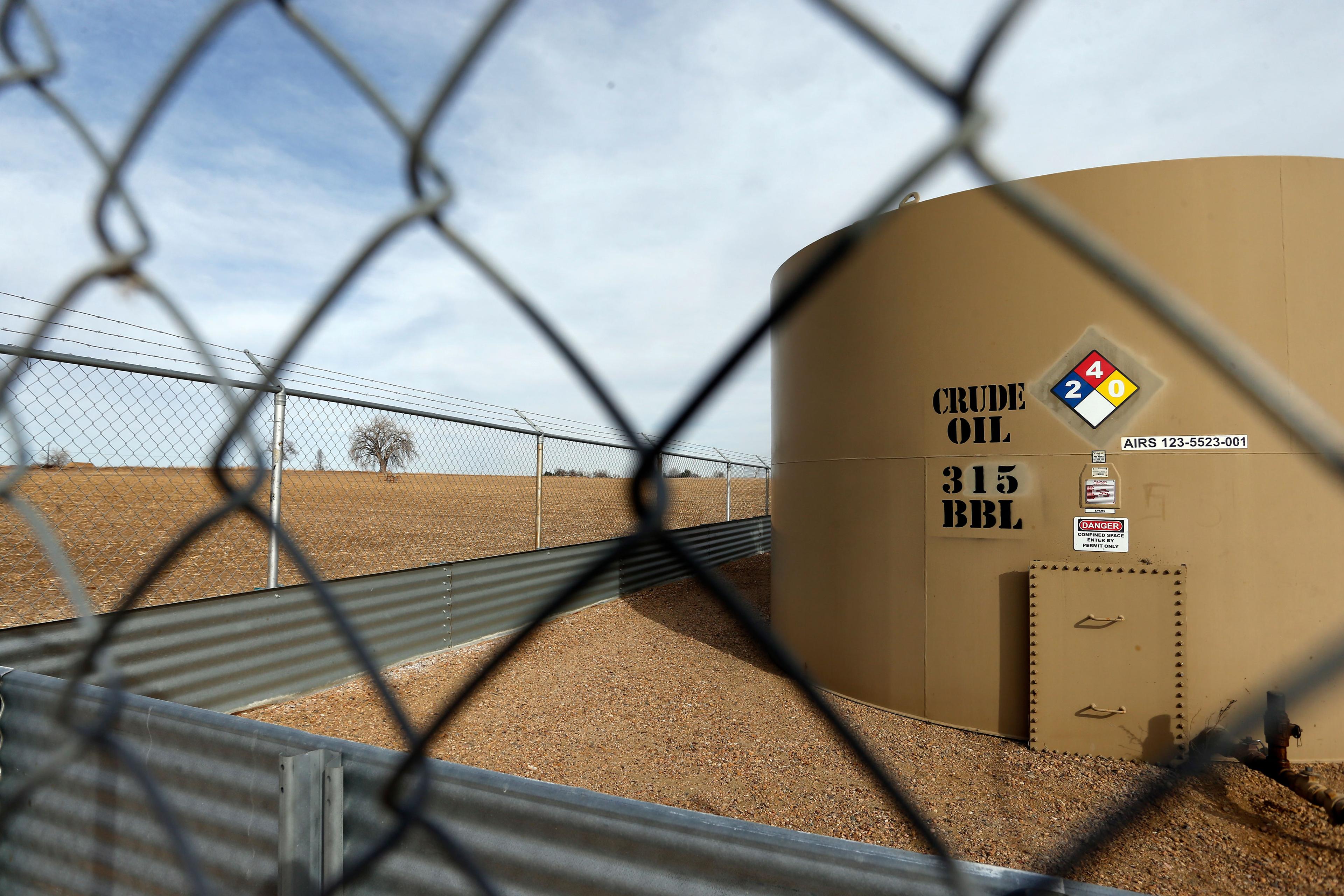
Suburban Adams County enacted its own rules for oil and gas drilling Tuesday, taking advantage of a new law that lets local governments impose tougher regulations than the state.
Adams commissioners unanimously approved a requirement that new wells be at least 1,000 feet from homes, twice the distance required by the state.
“Since counties and cities have been given authority over oil and gas development, our staff has been hard at work creating a set of regulations that is fair to the industry but also provides for the safety of our residents,” Board Chair Steve O’Dorisio said in a statement. “It’s a tough line to toe, but we think these regulations balance the interests of all parties involved.”
The rules also encourage oil and gas operators to use cleaner, quieter electric drilling rigs and require them to offer multiple locations for a proposed well so the county can evaluate the impacts on public health and safety.
Industry representatives called the rules unreasonable and accused the county of overstepping its authority. They said the restrictions would hinder a key sector of the state economy that pays millions of dollars in wages and taxes.
"If Adams County is serious about letting us continue to do business here — and to help spur economic development throughout the county — please permit us to continue to work with you to develop regulations that allow for the safe and responsible development of the county's oil and natural gas resources," said Dan Haley, president of the Colorado Oil and Gas Association.
Some industry attorneys suggested the county could be vulnerable to lawsuits. County attorney Heidi Miller said her office is prepared if the rules are challenged in court.
She said the rules allow operators to ask for exemptions from some requirements, including the minimum distance from homes. Decisions on drilling locations might be very different in the sparsely populated eastern portion of the county than in the more populous western end, she said.
County Commissioner Charles "Chaz" Tedesco defended the rules, citing the need to keep the noise and emissions of drilling rigs farther from growing communities.
"I'm not here to end oil and gas, but I think regulations need to change with the times," he said.
Adams County is the first local government to impose its own rules under a law passed by the Democratic-controlled Legislature and signed in April by Democratic Gov. Jared Polis. It survived stiff opposition from Republicans and the industry.
In addition to giving cities and counties new powers to regulate the location of drilling, the law switched the state's priorities from producing energy to protecting the public.
The Colorado Oil and Gas Conservation Commission is still rewriting statewide regulations to comply.
Weld County has used the new law to establish its own energy department to foster oil and gas development. Other communities, like on the state’s Western Slope, want their own regulatory control under the new law.
Colorado ranks fifth in the nation for crude oil production and sixth in natural gas. Much of that is concentrated northeast of Denver, surrounded by fast-growing communities, including some in Adams County.









